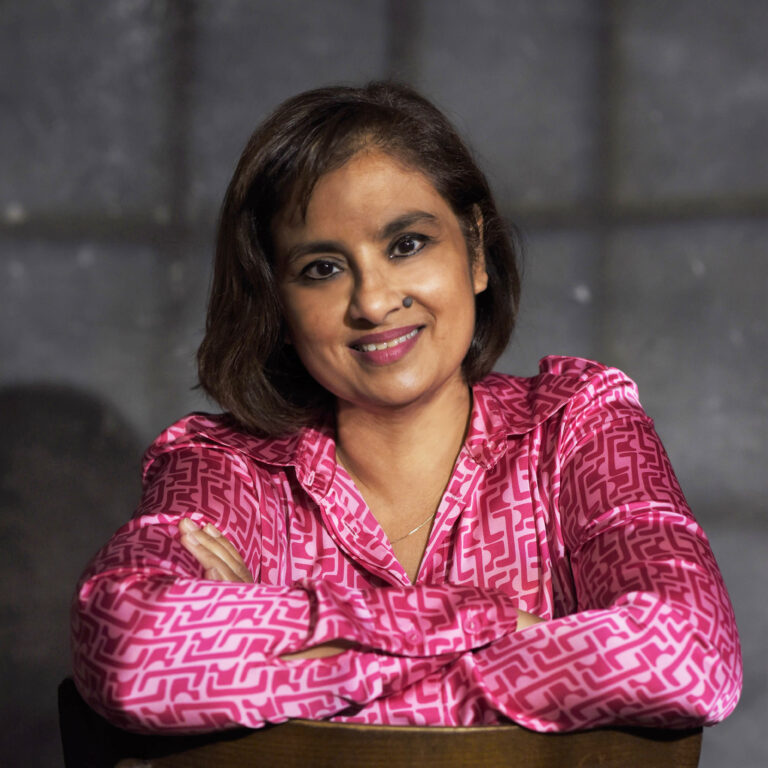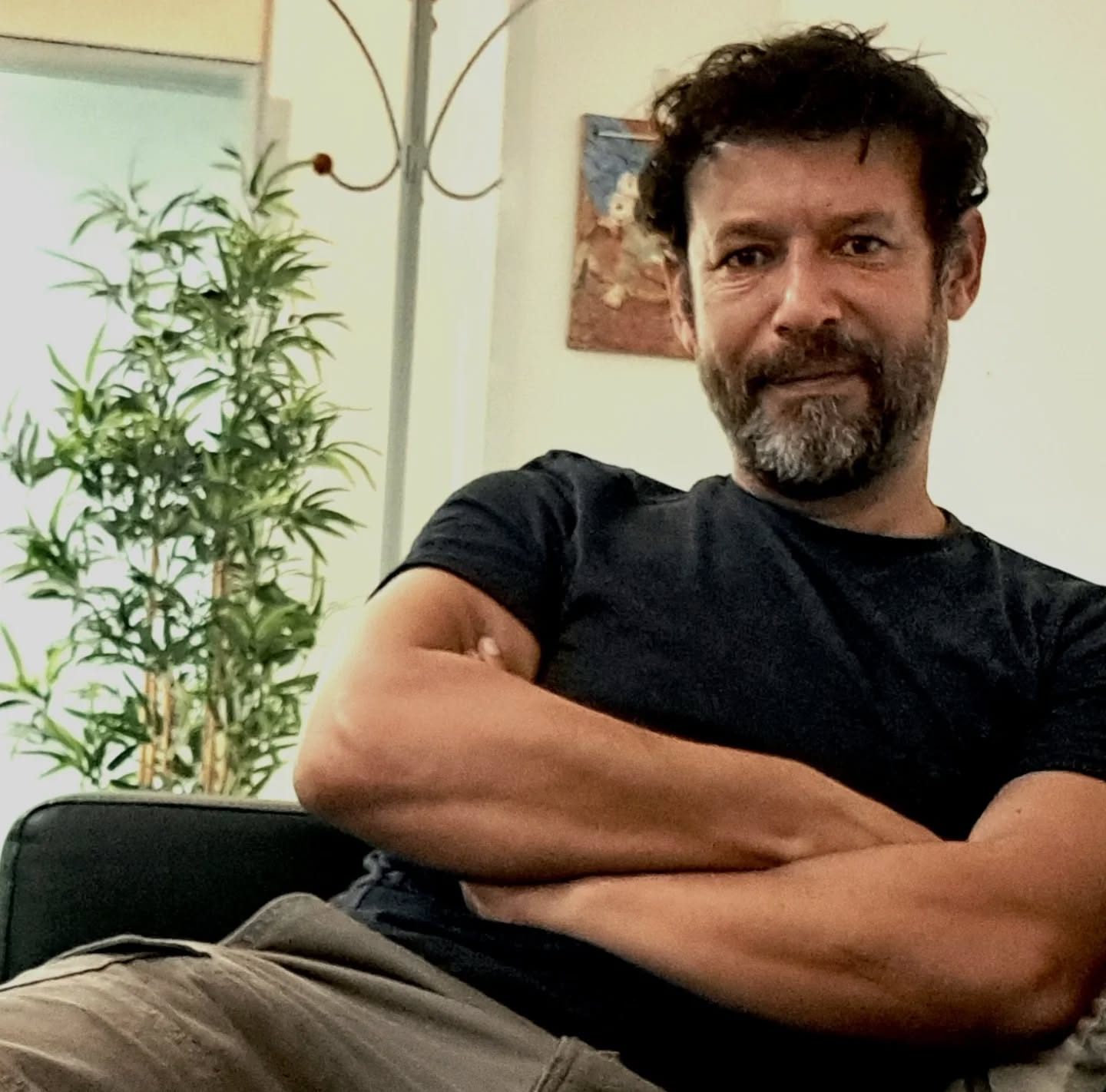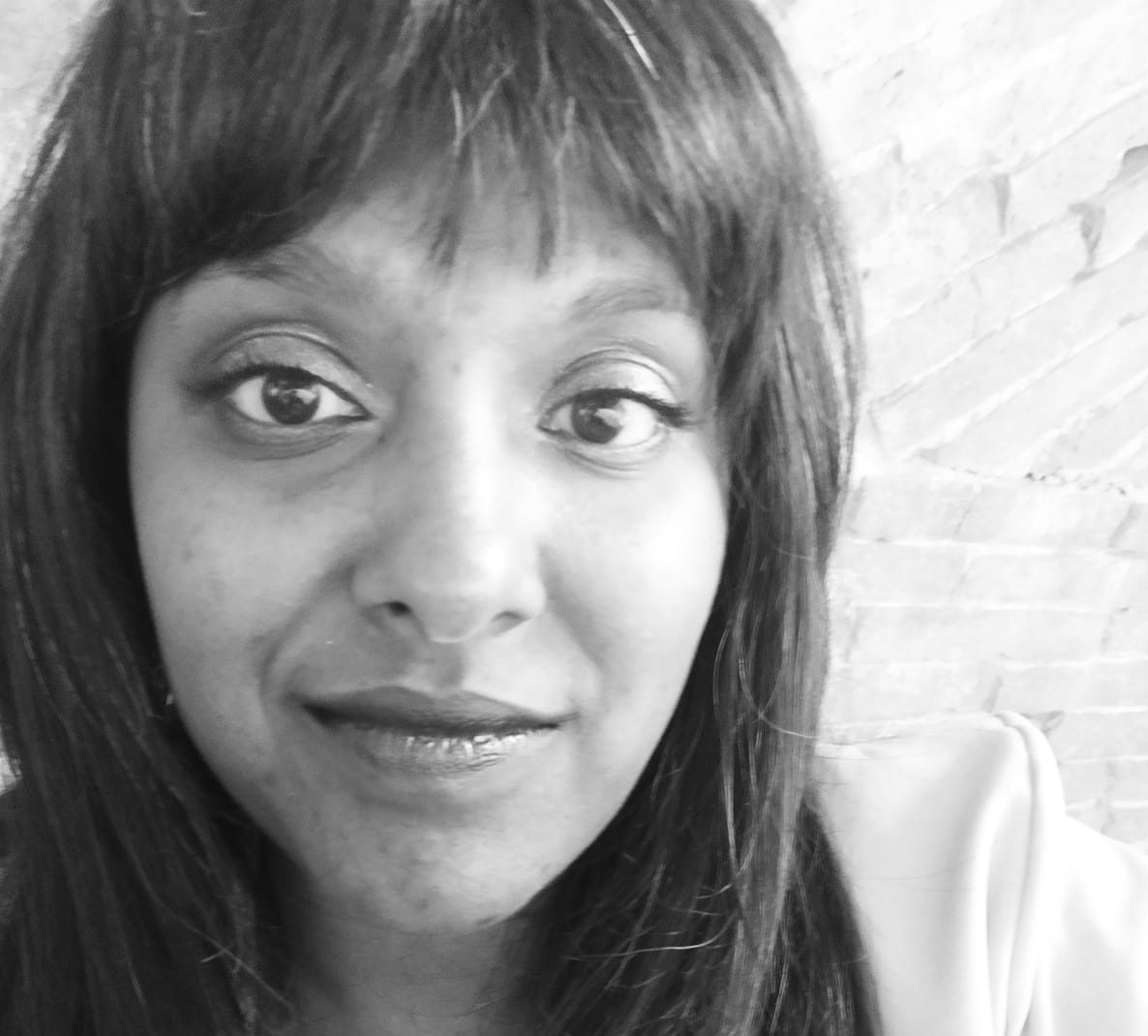International adoptions: a voice (and perhaps a working group) is missing for their relaunch.

For international adoptions, it is—or at least it should be—time for a relaunch: in our country, which has seen an exponential decline in numbers over the past 15 years (from approximately 4,000 children adopted annually in 2010 to fewer than 500 adoptions annually recently), reform is more necessary than ever, regardless of the numbers. In recent weeks, the International Adoptions Commission has launched four technical discussions that will be tasked with developing proposals to address the main critical issues ( Sara De Carli wrote about it here ), in preparation for the General Assembly of Authorized Bodies, which will take place next spring.
The main stakeholders in the international adoption system were gathered at these tables: representatives of the CAI, authorized agencies, juvenile courts, professionals and experts, and representatives of national family associations.
There is, however, one notable absentee. At these discussions and, more generally, in all the places and moments of discussion and debate necessary for reform: it is the adult with an adoptive background. While parent and family associations are present and participating, there are also adults with an adoptive background who have long been asking to contribute to the discussion , bringing an essential perspective: that of those who experienced adoption as children.
We spoke with three of them, all adults, some parents, and some adoptive parents themselves, all involved in associations, all particularly attentive and interested in the world of adoption, its strengths and weaknesses. A system that—on this they all agree—can and must be improved. However different their points of view and the priorities each has, some common concerns exist, and—they say—it is right and necessary that they be shared in the political and institutional circles where the reform is being constructed.
Alessandra Pritie Maria Barzaghi is an adoptive daughter, biological mother, and adoptive mother . She has a brother adopted through national adoption and a brother who is her parents' biological son. "In short, adoption runs through my entire existence. I believe in the importance of giving voice to as many stories as possible, as I did in the book The Truths of Adoptive Children , a community biography that documents the collective sense of a group of people with an adoptive background. The goal is the recognition, understanding, and valorization of a common feeling ." The reality today, however, is different: "Our involvement is still marginal, often symbolic, and selective . The voices of people with an adoptive background are often used as testimony to stories with happy endings, but not recognized as a generative skill. We at PuntoAdozione (the association founded by Barzaghi, ed.) call it the " aesthetics of listening ": I invite you, I listen to you, but I don't let you truly influence. In general, there is a lack of a structured and stable presence of adoptees in the public debate."

This presence is also missing from the discussions set up by the CAI in preparation for the Assembly of Authorized Bodies: hence the idea, suggested by Alessandra herself, of " requesting another discussion group, dedicated to us: a space of our own, among peers, where we can develop and propose . I would like to experiment with Open Space Technology for adoption: a horizontal, participatory methodology, without pre-established agendas, where participants choose the topics to develop and develop their proposals. Having a dedicated discussion group isn't a request for visibility, but for legitimacy. Those who experience adoption from the inside can see the invisible cracks and systemic fragilities from which to start." Why, then, is it so difficult to make the voices of adults with an adoptive background heard? "The difficulty is rooted in what I call ' adoptionism ,' the cultural attitude that idealizes adoption as a life-saving gesture and minimizes its complexities. This has relegated us for too long to the role of children to be protected, not adults to be listened to. But for some time now, something has been moving. Our AMA Adoption groups (which are free, held online, and organized in collaboration with the AMA Milano Monza and Brianza Association) demonstrate that peer-to-peer interaction works. Intergroups with parents are bringing concrete help and relief to families. Adoptees must be recognized as thinking adults, bearers of knowledge and vision. What does this vision consist of? First of all, "overcoming the clinical model that pathologizes the adoptee. And also a shift in narrative: adoption can no longer be described solely as an act of love . It is a journey to be undertaken together, parents and children, over the necessary time. Not to "become parents" or "become children," but to embark on a conscious journey, which can be enriching if we start from the right premises. For too long, adult adoptees have been perceived as emotional witnesses, but not as people competent in their own experience. Yet, they can offer critical contributions, narrative tools, transformative perspectives. They can offer new insights and perspectives that are currently absent in the places where adoption decisions are made."
Manuel Antonio Bragonzi is now almost 50 years old. He was eight when a Milanese couple made the long journey to Chile , where Manuel had grown up under Pinochet's dictatorship, fleeing his grandfather's violence. After three years of living alone in the woods, he was found and placed in an orphanage, until those two young Milanese offered him the warmth of a family. Today, Bragonzi is president of the National Association of Adopted Children . "We have always wanted and asked to participate in discussions and, more generally, in discussions on adoptions in institutional settings. Yet we continue to be excluded. This disappoints us, because we are certain that our perspective is fundamental: the perspective of the children, which can be very different from that of the parents."
The idea of a further working group dedicated to adopted adults, however, does not convince him: "I don't think it's a good idea : the discussion must be among all the figures involved in the action: children, parents, operators. Only together can we reach useful conclusions to relaunch international adoptions ."

There is—it must be said—a representation issue: while associations of adult adoptees exist, some of them are very small, and positions, as well as priorities, are often very different and distant. "This does not mean that some common concerns do not exist, and we could bring them to the table: for example, support throughout the post-adoption phase, which is currently sorely lacking and often responsible for many adoption failures. In this regard, it is possible that some of our positions are also distant from those of the parents' associations: for example, I personally do not entirely agree with reducing the time before adoption; in fact, I think four meetings are not enough; I believe at least ten are needed to get to know the family and therefore determine their suitability. This does not mean extending the time, but rather increasing the discussions."
From the children's perspective, however, the priority is not so much reducing the time beforehand as strengthening the support afterward: "We're calling for greater attention to the post-adoption process, and I think we can all agree on this, despite the different nuances and nuances: first and foremost, we need greater attention to the trauma experienced by the child, which isn't the adoption itself, as is commonly thought, but rather what the child experienced before adoption. A year of post-adoption support from the services is truly too short, first and foremost for the children, but also for the parents, who are often forced to undertake therapeutic and support programs on their own. After a year, the family is effectively abandoned. I believe that precisely the request for greater attention to this phase should be a common and shared demand not only among us children, but also with all the other stakeholders involved in the process. Our participation in these discussions is essential to implementing the effective reform we all desire ," says Bragonzi. And she concludes: "I think, however, that a cultural shift is also needed: we're used to associating adoption with the image of children, but these children then become adults, with their own perspective and useful ideas for the debate."
Devi Vettori, born in India and adopted in Florence, now lives in Bologna and is a trainer on adoption issues . A mother of two, she is one of the founders of the association Legàmi Adottivi OdV . "At the moment, I don't think anyone with adoption backgrounds has been consulted, either personally or through associations. Or maybe they have been involved and I simply don't know. But if the voices of people with adoptive backgrounds aren't heard, it would be a huge loss in terms of a plurality of perspectives and viewpoints. I believe it's important to engage with those who can bring different perspectives to the discussion," she says. A dedicated roundtable might be a good idea for her, as long as it's "always in dialogue with all the other roundtables, in an exchange where multiple voices are given space. In truth, there should be representatives of adoptees at every roundtable."

Regarding the issue of representation, "I believe that biographical experience cannot be the only requirement for participation in the work. Rather, it requires not only a personal understanding of the various issues, but also the skills to address them. For this reason, I think that, at least for now, representatives of associations, rather than individuals, could be involved, thus avoiding a personal focus on both experience and vision. Ultimately, I believe a political perspective is needed, meaning by politics not a connection to political parties but an awareness that we operate in society as citizens and that choices regarding issues affecting society have and must have a relevance that goes beyond individual experience."
A discussion "reserved" for people with an adoptive background doesn't convince even Daniela Bertolusso , AVSI operator for international adoptions, with extensive experience with both families and groups of adopted adults. "We're talking about working groups, aimed at proposing concrete and systemic changes. The perspective of people with an adoptive background is welcome, but within existing discussions, not with a separate discussion board . Given, of course, that it is the CAI that convenes the discussions and establishes their composition." The issue, however, is there: "I myself, who am part of the working group dedicated to pre-decree training, coordinated by Dr. Gemma Tuccillo, raised the issue of the need to involve people with an adoptive background."
In addition to the four thematic discussions launched in preparation for the General Assembly of Authorized Bodies, another group is working: one dedicated to the initial training of prospective adoptive parents . "This is an important topic, since international adoption today requires parents who are adequately trained from the outset," Bertolusso notes. We're talking about couples and—following the Constitutional Court's ruling number 33 last March —also singles. Part of the work will therefore be related to this new development, while another part is aimed at overcoming the extreme disparity in pre-decree training currently available across the regions, with Piedmont, Emilia-Romagna, Tuscany, and Veneto being particularly engaged ( the training provided by authorized bodies after the mandate was granted has just been revised, with the guidelines effective May 1, 2024). The Roundtable began its work on June 10th and will conclude on September 16th. Its members are examining the operational protocols of the various regions and will present their analysis and conclusions to the State-Regions Conference, as this training is their responsibility. A residential seminar for public sector professionals in international adoption will be held in October, and a conference will be held by the end of the year to discuss the work of the Italian Association of Magistrates for Minors and the Family – AIMMF.
"One of the contributions I brought to the Roundtable concerns the fact that the initial training of prospective adoptive parents is too adult-centric. We find ourselves dealing with professionals, couples who have already adopted, representatives of family associations... but the perspective of people with an adoptive background is missing," says Bertolusso. "There are areas where this request is already taking shape. It's clear that these people need to be trained, because the issue isn't 'bearing testimony,' telling an autobiographical narrative, or having a vindictive attitude."
Opening photo from Unsplash. Internal photos provided by interviewees. Sara De Carli contributed.
Vita.it





